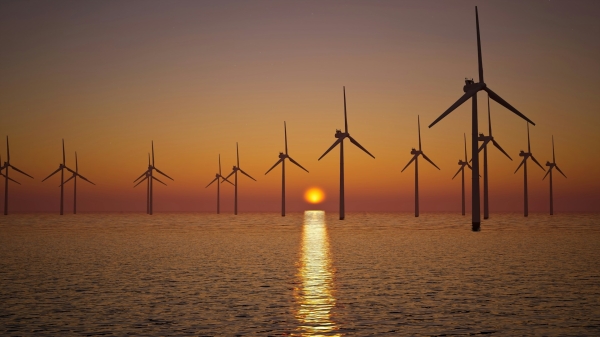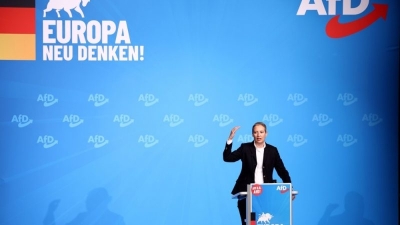Yes to power-driven decarbonisation – keep society on board

Today, the European Commission unveiled its 2040 climate target. While cautioning against further acceleration of the decarbonisation pace, the electricity industry welcomes the Commission’s recognition of the key role of electricity and calls for measures to advance electrification.
The future of Europe’s energy system is undoubtedly electric. The European Commission makes this clear in its 2040 Communication which forecasts up to a doubling of the electricity share in the EU final energy consumption by 2040.
The supporting analysis provided by the Commission also suggests, however, that efforts to push emission reductions substantially beyond the current pace will require comprehensive deployment of non-mature technologies such as direct air capture (DAC) as well as carbon capture and storage (CCS) across most industry sectors in Europe. This will require a double-digit billion figure of additional investments every year at a time when armed conflicts, deindustrialisation, higher interest rates, and a cost-of-living crisis present a more challenging environment for the transformation of the European economy.
Cautioning against further acceleration, Secretary General of Eurelectric Kristian Ruby said: “The backdrop of the energy transition has changed substantially. To succeed with the long-term objective of climate neutrality, it’s critical to keep the support of European businesses and citizens. We therefore advocate a decarbonisation strategy that maintains a manageable pace and keeps the focus on proven technologies.”
Electrification requires a reliable power system
Across scenarios, the use of electricity is set to increase substantially, especially in heating and transport. For road transport alone, the electrification rate is expected to quadruple in less than two decades in the most aggressive scenario of the Commission.
Increased societal reliance on electricity will require an equally reliable electricity sector. And with wind and solar set to become the backbone of the electricity system, a speedy modernisation of the European grid infrastructure is needed. At the same time, firm and flexible capacity like storage, nuclear and hydropower will be needed to complement variable renewable generation. According to Eurelectric’s assessment, the Commission analysis underestimates the need for firm and flexible technologies, assuming a significant overall reduction of dispatchable power technologies by 2040, while the share of electricity in final energy consumption increases to some 50%.
AdvertisementInvestments and new de-risking instruments will also be needed to increase the pace of transformation. Therefore, Eurelectric welcomes the investment initiative announced by the Commission.
“High-speed electrification of society requires massive investments and measures across the board. We therefore welcome the investment initiative and call on policy makers to launch an electrification action plan within the first 100 days of the new mandate” - concludes Ruby.
Share this article:



